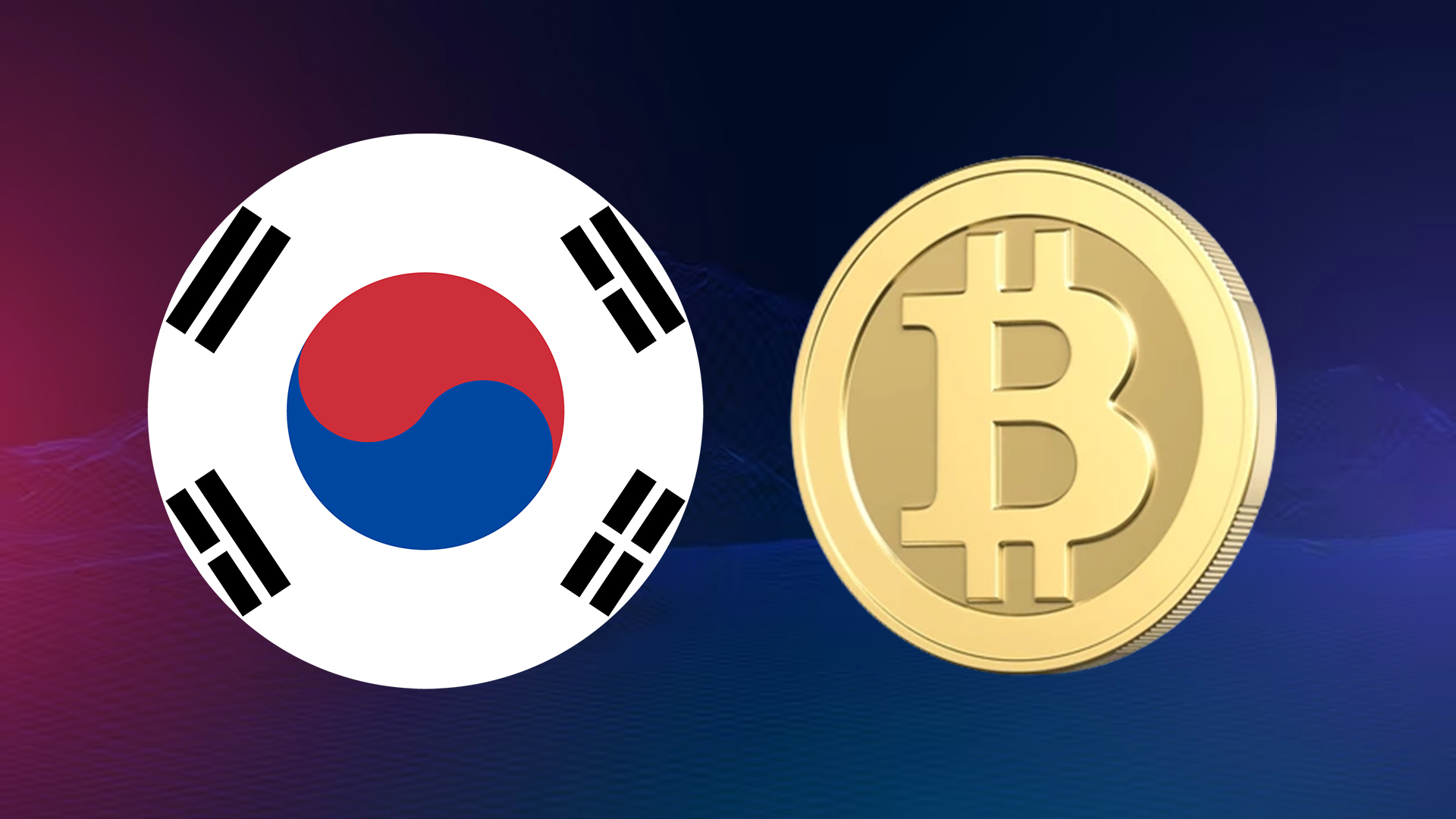
South Korean Cryptocurrency Regulations: Creating a Balance
- Cryptocurrencies have grown into an international trend, and South Korea is definitely no newcomer to this virtual cash boom.
- South Korea’s strategy regarding crypto legislation strikes a careful balance between encouraging innovation and guaranteeing investor safety.
When it comes to crypto, we have mostly seen that Western countries have contributed a lot but here in this article, you’ll get to know about South Korea. South Korea is certainly not an exception. Although this East Asian country has adopted digital currencies, The remaining content of the article goes deeper into the international panorama of cryptocurrency laws in South Korea, encasing key factors, including new changes regarding the country’s stance regarding digital assets.
A Regulatory Framework in Place
In South Korea, cryptocurrencies do not live in a legal gray area. They’ve got an upper hand, nonsupervisory frame to operate within. Then there is a breakdown of the crucial factors:
- The VASP Act: Getting Registered South Korea unveiled the Virtual Asset Service Providers (VASP) Act in March 2021. The Financial Services Commission (FSC) as well as the Korean Financial Intelligence Unit (KFIU) had to file forms alongside the Financial Services Commission, or FSC, and the Korean Financial Intelligence Unit (KFIU) as a result of the aforementioned law. VASPs have to adhere to strong safeguards against money laundering (AML) and consumer privacy requirements when trying to make their impacts accountable and transparent.
- Investor Protection: You might not know but real names matter When it comes to crypto investments, South Korea takes investor protection seriously. For this, they have made it obligatory for cryptocurrency exchanges to link their users to real-name bank accounts. This setup helps minimize the threat of lawless conditioning and money laundering in the crypto space, which is a pain for both the government and the crypto community.
Recent Changes in the Regulatory Landscape
Cryptocurrency regulations are far from static, and South Korea has been rolling with the punches. Then there are a couple of noteworthy developments.
Taxation in the Crypto World: In the first year of 2021, South Korea enacted a fresh cryptocurrency duty law. This law introduced a capital earnings duty on cryptocurrency trading, which had a notable impact on high-value dealers.
Turning the spotlight on NFTs: Non-fungible tokens (NFTs) are all the rage, and South Korea is keeping an eye on them. In line with their fidelity to user protection, the authority has started exploring regulations for NFTs. The end? To help with fraudulent conditioning and ensure that this growing request remains a safe space for both generators and buyers.
The Last Passage
The extensive range of South Korea’s crypto standards reflects the government’s attempt to achieve an appropriate balance among shareholder safety, security, and innovation. The VASP Act’s beginning and taxing provisions demonstrate South Korea’s devotion to developing a supervised and accessible cryptocurrency industry. The Republic of Korea maintains key control over the wider crypto environment as it continues to adjust and modify its strategy for regulating cryptocurrency. Keep your sights on this alive nation as it traverses the often volatile seas of crypto legislation.



